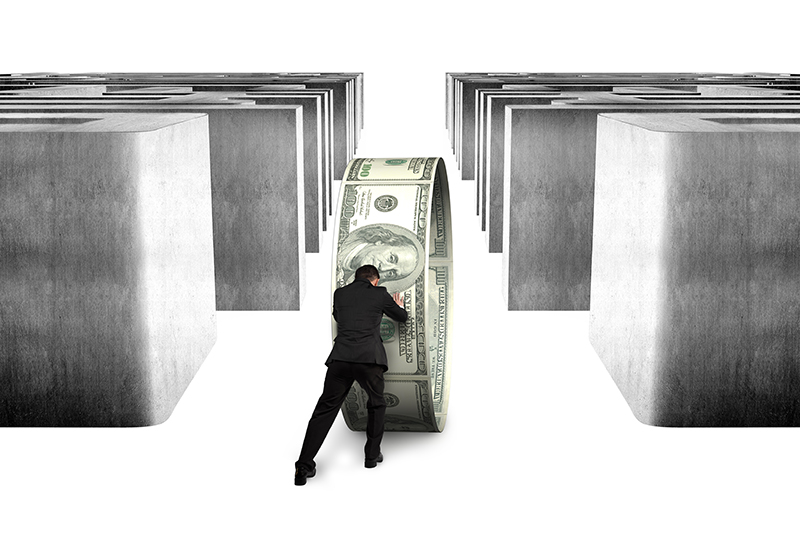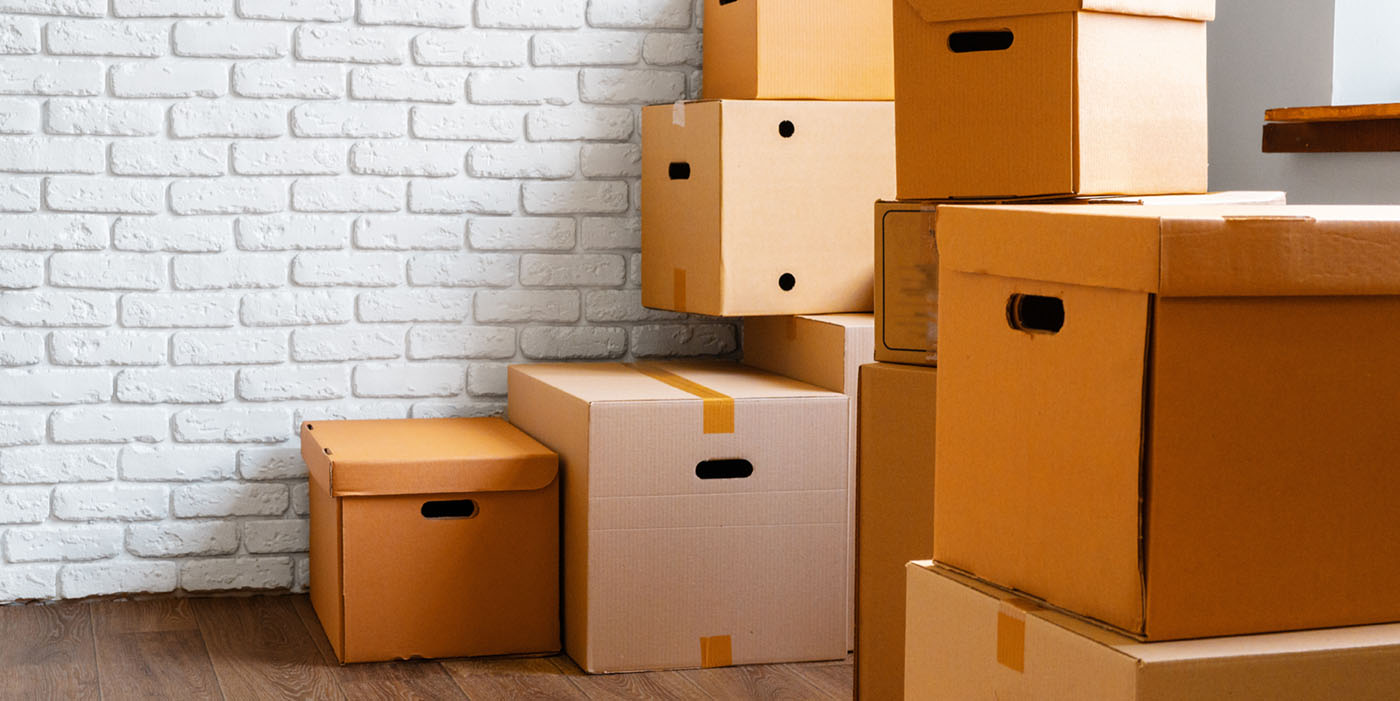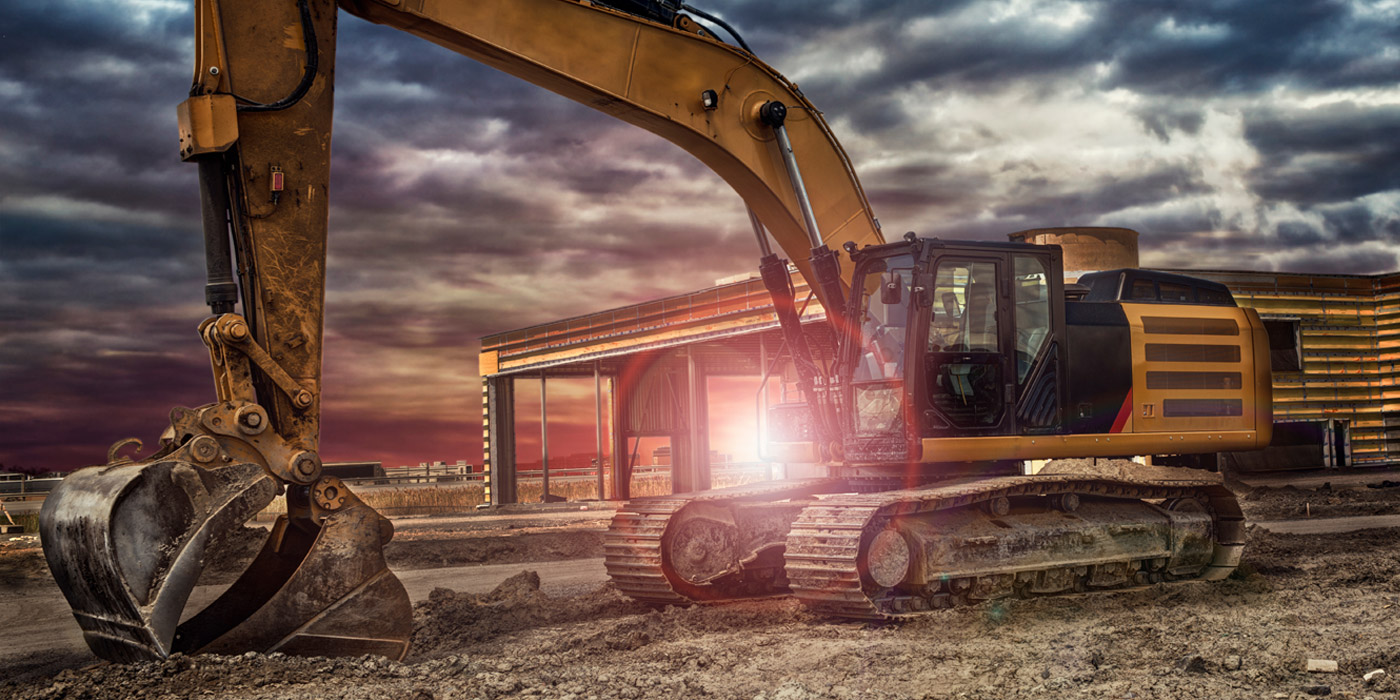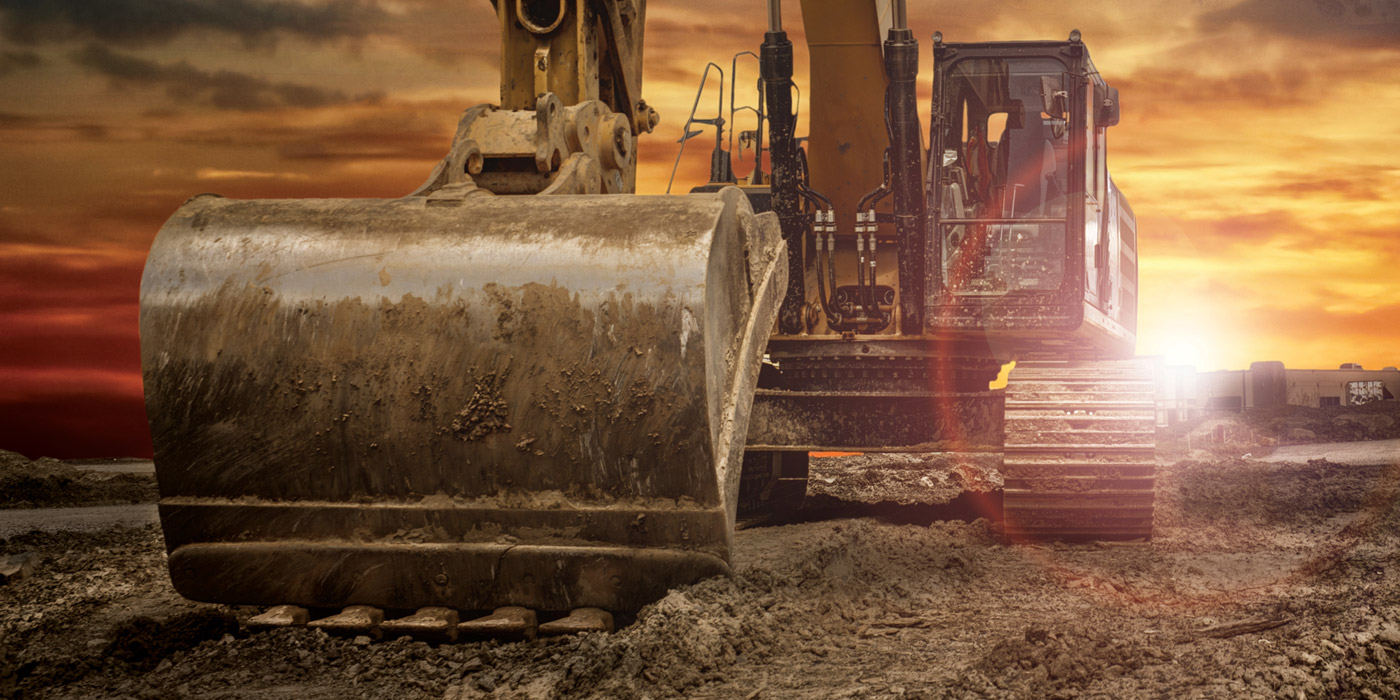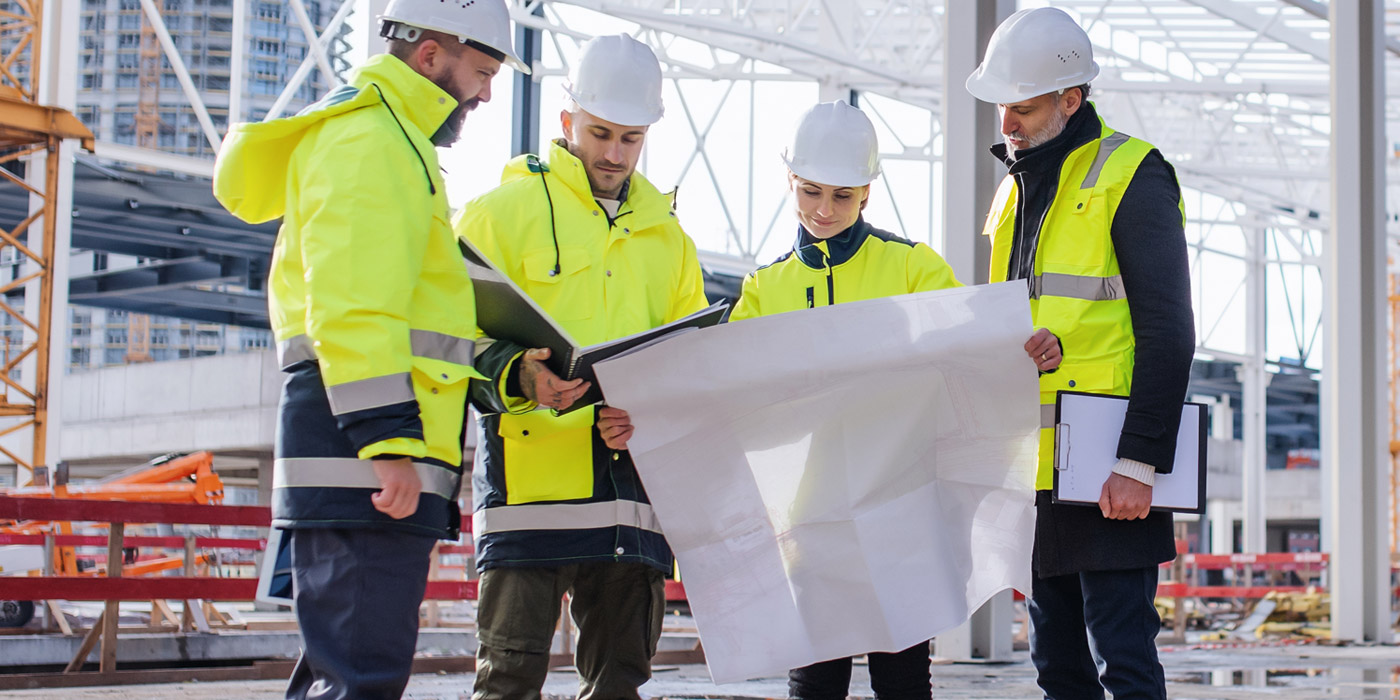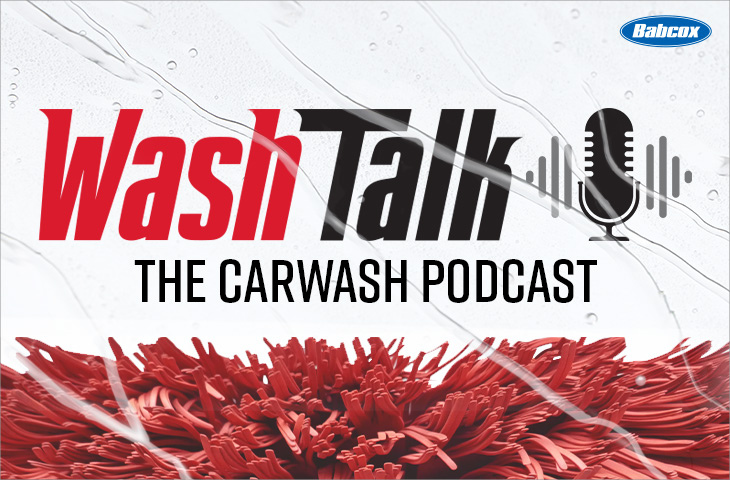As the calendar turns to 2017, small business owners are greeted by a new set of economic uncertainties. While no one knows exactly what to expect, the idea of building on recent success and expanding while the market is strong remains a best practice. In the carwashing world, a strong economy and low unemployment in the U.S. have helped increase competition while heightening customer expectations.
Over the years, small businesses like carwashes have become more and more important. Car care businesses employ workers of all ages across the U.S. and around the world. And, customers today are driven to effective carwash locations by more than vanity. As new auto sales skyrocketed after the recession, more drivers than ever have learned the importance of protecting their sizable new vehicle investments.
In response to this, and thanks to the continued evolution of automated washing, many operators have already looked to improve their locations and expand services. A new wave of carwash construction and technology improvements revealed that savvy owners had found new sources of flexible financing. As a result, many had funds available for new construction, purchasing an existing wash or needed site upgrades.
Even so, the financial barrier for entry into the carwash market has never been higher. As economic uncertainties take full effect, new operators and existing carwash owners now hoping to upgrade could have difficulty finding and securing the perfect financing. So, where have operators found the best options for investing in new locations and upgrades?
Today’s loan market
Jeffrey Pavone, principal with Commercial Plus LLC, says that over the past few years, banks have become a bit more conservative and stricter with their underwriting procedures. That said, the trend has been more loan transactions being completed.
In addition to new construction loans, financing is available for all kinds of upgrades, Pavone notes. Loans are available for renovations that range from purchasing new equipment, such as new tunnel equipment, new pay stations, etc., and adding new services, including free vacuums, to starting new construction, like adding a second or third lane prior to entering the tunnel.
The International Carwash Association (ICA) states that there are three common financing options for carwash projects.1 They are:
- Traditional bank financing
- U. S. Small Business Administration (SBA) loans
- Borrowing money from individuals.
Inadequate or problematic financing is one of the main reasons carwashes close, according to the ICA. Whether an operator is starting new or expanding his or her operation, access to sufficient capital is always of the highest importance.
How much capital is available and an owner’s ability to repay the financing can be essential to successfully borrowing money. In the carwashing industry, the available capital and business costs are the key considerations for operators when it comes to choosing which carwash model to invest in.
Shopping for a loan
For carwash owners looking at their financing options, local banks will offer the most access. Pavone recommends talking to a commercial mortgage broker who regularly serves the carwash industry. In the end, it will definitely help a business to have a loan through a local bank. The creation of this strong relationship can develop opportunities for other services, such as a deposit relationship and merchant account services, that might become necessary for a business in the future. Having an established relationship with a bank will also open up the possibility of additional loans for upgrades or a new site in the future.
Of the three financing options listed by the ICA, two will come through a relationship with a bank. If a loan from friends, family members or business associates is not an option, operators will have to apply for financing via a traditional loan or an SBA loan. Though the application process may be basically the same, there are differences in these two financing choices.
Related: How to finance your new carwash
The ICA notes that a traditional loan requires a loan-to-value ratio (LTV) of 75 percent. The LTV is the ratio of the fair market value of the business to the value of the purchase loan financing. Simply put, an operator will be required to have 25 percent of the fair market value or “build cost” of the carwash on hand in cash. The bank will provide the funding for the other 75 percent.
Traditional financing can sometimes be difficult to secure for new investor start-ups, even if an operator has operating capital available. Many times, the bank is concerned about a new owner’s overall business acumen. Further, banks want operators to have specific experience in small business operations or specifically in the carwash industry.
When it comes to SBA loans, the administration offers a variety of programs for specific purposes. The two that apply to carwashes are the agency’s 7(a) and 504 loans. If a business owner is awarded a 7(a) loan, he or she can use the loan proceeds to help finance a large variety of business needs.
Related: Starting a carwash: More SBA startup resources
While there are a few restrictions, the financing can be used to purchase equipment and supplies, to buy real estate, including land and buildings, to construct a new building or to renovate an existing building. Further, 7(a) funds can be used to establish a new business or assist in the acquisition, operation or expansion of an existing operation. 504 loans can be used to purchase land, including buildings; to pay for site improvements; to construct new facilities; to upgrade facilities; and to purchase long-term machinery and equipment.
There are differences between the two SBA loan programs. The ICA reports that 7(a) loans are underwritten by a bank and not the SBA. The 7(a) loans may make more sense for carwashes because they have no job creation criteria and they help a carwash establish a local banking relationship with the underwriter. With the 504 loan option, the SBA underwrites it directly, and the loan includes job creation criteria that must be met.
Information an owner needs
The first piece of information an operator needs before he or she applies for carwash financing is information. Pavone’s list of basics includes learning as much about the carwash industry and the local marketplace as possible. Owners should pay particular attention to the different types of carwashes, the types of wash equipment and the competition in the area in which he or she is interested. In particular, the learning process should include attending industry trade shows as well as meeting with local consultants and advisors in the industry.
A critical point the ICA makes is to remember the importance of startup capital and operating capital. Startup capital covers everyday business items a location will need, such as furniture, brooms, mops and chemicals. Here, the costs are usually less than $10,000.
Operating capital will depend on the carwash type. The ICA states that operating capital can range from $25,000 for a self-serve wash to $100,000 for an express exterior and $200,000 for a full service wash. While an owner can land financing and operate with less, not having the necessary operating capital can cause unneeded stress and even lead to a business failing.
Information the bank needs
After learning about different loans and when ready to approach a bank, Pavone says that it is important for operators to gather all the relevant financial records for the initial analysis. This includes:
- The borrower’s Personal Financial Statement (PFS) — the PFS should include all the assets and liabilities (including contingent liabilities) of the borrower
- The last three tax returns filed
- Financial statements (income statement, balance sheet, statement of cash flow, etc.) for the last three years and year-to-date (preferably by month with year-end totals, if available, and preferably with a breakdown of revenue streams and cost of goods sold for each revenue stream, if available)
- Sales reports for the last three years and year-to-date (preferably by month with year-end totals)
- Existing mortgage information (date of loan, maturity date, interest, etc.)
- A created budget, a list of equipment and pro forma financial statements.
- According to Pavone, the lender will be interested overall in:
- The borrower’s credit history
- The borrower’s PFS
- The borrower’s carwash industry experience
- The borrower’s non-industry experience, if new to the carwash industry
- The history of the carwash, if already operational; if not already operational, a pro forma financial statement based on the borrower’s intended ownership and operation of the carwash, and a detailed construction/development budget.
When a loan summary is submitted with the relevant information, a borrower can expect a term sheet within one to three weeks, Pavone states. Next, a loan commitment should be available within four to eight weeks.
To show how SBA-provided loans can be a good fit for carwash financing, the administration shared a story highlighting the success of one Missouri car care operation.2 Operator Roland Bartels of Tiger Express Wash in Columbia, Missouri, turned to the SBA for a 504 loan when he decided to buy out his partner and expand the wash’s offerings. Though the loan was complicated because a new LLC was being formed, the results were worth the effort.
In just 15 months, Bartels went from 45 to 75 employees, and his revenues grew from $1.6 million to $2 million. At the time the story was written, Bartels was looking to build his fifth carwash with another 504 loan.
Mark Martin is a freelance contributor.
Sources:
1 http://www.carwash.org/for-operators/invest/financing
2 https://www.sba.gov/offices/district/mo/st-louis/success-stories/columbia-firm-cleaning-car-wash-business-thanks-sba-financing-and-owners-keen-business-acumen

